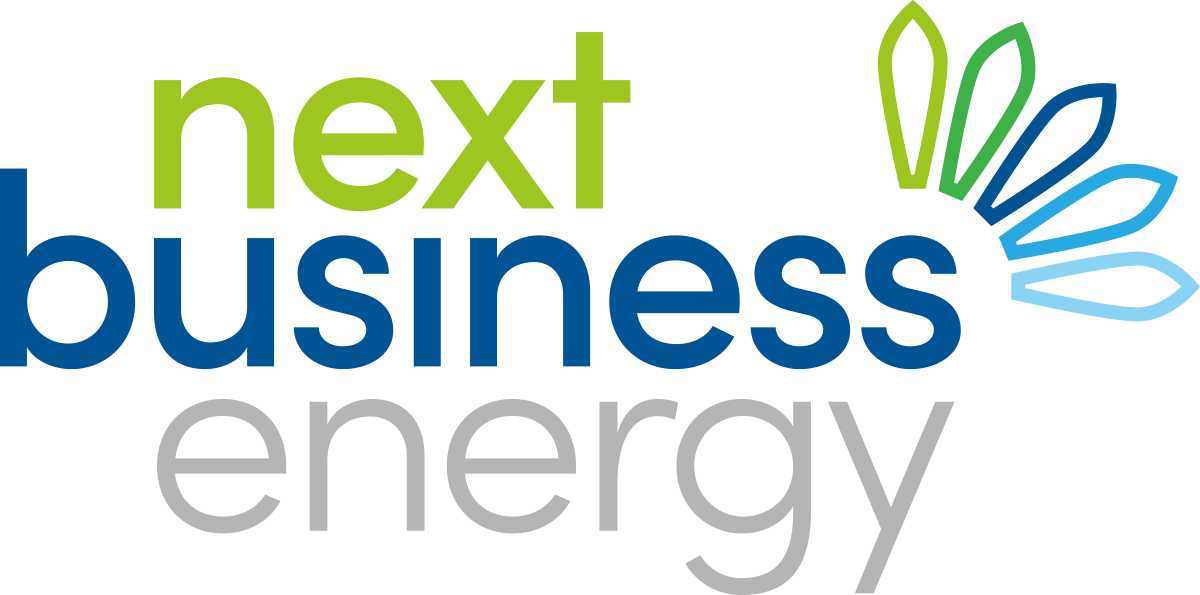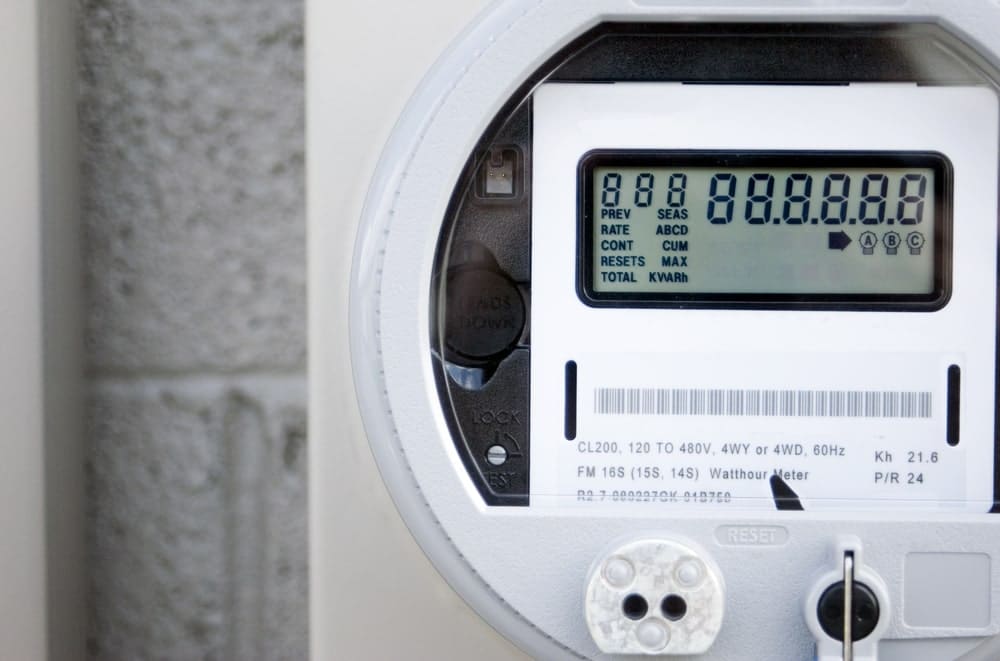Managing energy costs is a crucial aspect of running a business. Without detailed insights into energy usage, it is easy to waste power and pay more than necessary. Many businesses still rely on estimated billing or manual meter readings, which provide little control over consumption patterns.
Smart meters are changing the way businesses monitor and manage energy use. By providing access to power usage data at a granular lever, and the ability to have an automated meter reading, these advanced meters enable businesses to track their electricity consumption, identify inefficiencies, and make informed decisions to reduce costs.
What is a Smart Meter?
A smart meter is a digital electricity meter that records and records energy consumption data in 5 minute increments, and transmits it daily. Unlike traditional meters, which require manual readings and provide only limited usage insights, smart meters give businesses immediate access to their energy data. This allows for better decision-making and more precise control over energy use.
Smart meters automatically send readings to the energy market, eliminating the need for manual meter readings. Businesses can access detailed energy information from their retailer or via online data providers using the CDR portal. This makes it easier to track usage trends and identify areas for improvement.
How Smart Meters Reduce Business Energy Costs
Greater Visibility Over Energy Consumption
One of the main benefits of smart meters is the ability to monitor energy usage in 5-minute intervals. Businesses can track when and where energy is being used, helping to pinpoint inefficient practices. Many businesses experience peak energy demand during certain hours, such as the start of the workday when systems are powered on. With a smart meter, businesses can adjust their energy usage to reduce peak demand and associated charges.
For example, a retail store might discover that lighting and air conditioning systems are running long before customers arrive or after they leave. Adjusting these schedules could lead to significant savings over time.
Eliminating Unnecessary Energy Waste
Many businesses waste energy without realising it. Common causes of energy waste include:
- Office equipment left on overnight or during weekends
- Inefficient heating, ventilation, and air conditioning (HVAC) systems
- Unnecessary lighting in unused areas
- Standby power consumption from appliances left plugged in
Smart meters provide a clear view of energy use patterns, making it easier to identify and eliminate waste. Businesses can use this data to set operational guidelines, such as switching off non-essential equipment outside of business hours.
Reducing Demand Charges
Many commercial energy plans include demand charges, which are based on the highest level of energy usage recorded during a billing period. Even if the peak occurs only briefly, it can significantly impact overall costs.
Smart meters allow businesses to monitor their energy demand. By staggering the use of high-energy equipment or scheduling energy-intensive tasks during non-demand charge hours, businesses can avoid sudden demand spikes and reduce costs.
For example, a manufacturing facility could stagger machinery start-up times instead of powering everything on simultaneously. This approach helps smooth out energy demand and reduces peak charges.
Supporting Sustainability Goals
For businesses looking to reduce their environmental impact, smart meters provide valuable insights into energy efficiency. By tracking their energy use, businesses can set sustainability targets and measure progress.
Smart meters also support the integration of renewable energy sources. Businesses using solar power, for example, can monitor how much energy is generated and when it is being used. This information helps optimise energy consumption, ensuring that as much solar power as possible is used before drawing from the grid.
A business that sees a spike in energy use at certain times of the day may also consider investing in energy storage solutions, such as battery systems, to store excess renewable energy for later use.
The Future of Smart Meter Technology
Smart meters are just one part of a broader shift toward smarter energy management. Businesses that adopt smart meter technology can take advantage of other innovations, such as:
- Time-of-use pricing – Adjusting energy use to take advantage of lower rates during off-peak hours
- Energy management systems – Integrating smart meters with automated controls to improve efficiency
- AI-powered energy optimisation – Using artificial intelligence to analyse energy usage and suggest improvements
As energy costs fluctuate and sustainability regulations become more stringent, businesses that use smart meters will be better positioned to manage expenses and operate more efficiently.
Is It Time to Upgrade to a Smart Meter?
Many businesses may already be eligible for a smart meter upgrade as part of ongoing network upgrades by energy providers. In Victoria, smart meters are standard across all businesses, while in other states, businesses may need to request an installation through their energy retailer.
If you are an existing Next Business Energy customer and would like to upgrade to a smart meter – please click here (https://nextbusinessenergy.com.au/smart-meter-installation-offer/) to request a meter exchange.
For businesses looking to take control of their energy costs, a smart meter is a valuable tool. It provides real-time insights, helps eliminate waste, reduces demand charges, and supports sustainability goals.
To learn more about how smart meters can help your business reduce energy costs, contact Next Business Energy today.

